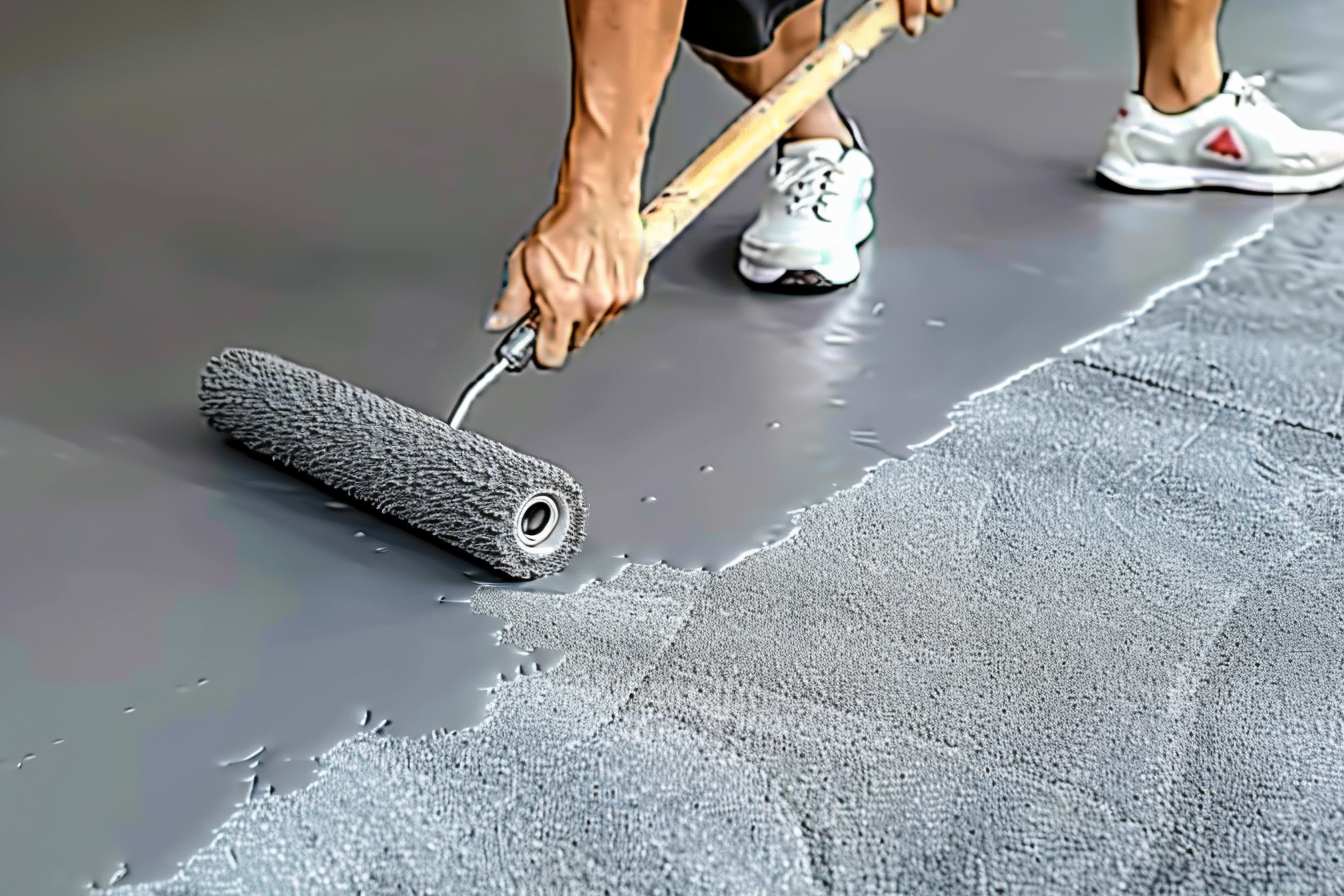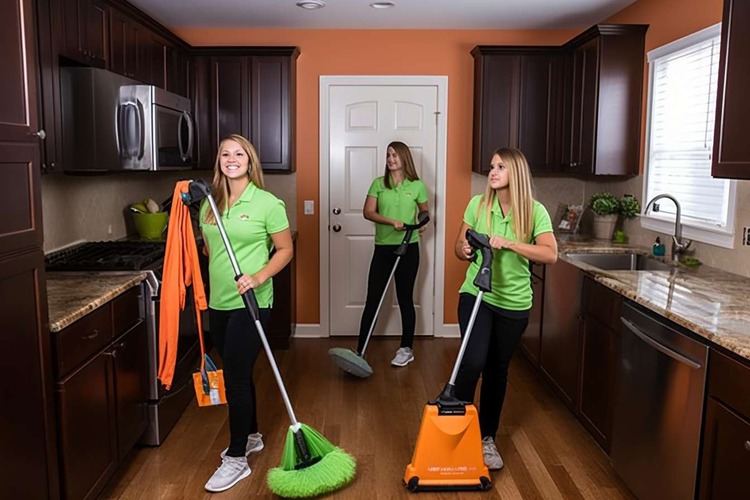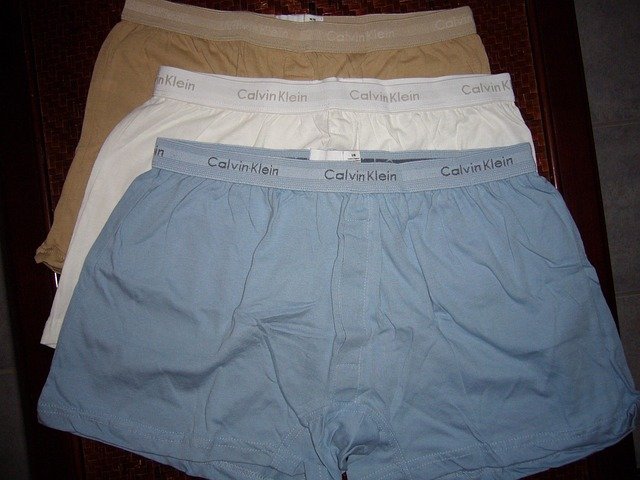Top Professional Garage Floor Coating Types, Costs, Benefits, and Installation Tips USA 2025
Choosing the right garage floor coating can greatly extend concrete durability while improving safety and curb appeal. This article explains professional coating types, typical 2025 U.S. costs, benefits, and installation tips to help homeowners select durable, attractive flooring solutions.

Exploring the Leading Types of Professional Garage Floor Coatings
In 2025, three main professional-grade coatings dominate the garage floor industry: epoxy, polyurethane, and polyurea/polyaspartic systems. Each type has distinct qualities suited to different needs and budgets:
- Epoxy CoatingsEpoxy remains a popular and budget-friendly option due to its robust chemical resistance and strong adhesion to concrete. It effectively resists oil stains, moisture, and daily wear. However, its rigidity can lead to cracking over time—especially in environments with fluctuating temperatures or slab movement.
- Polyurethane CoatingsThese coatings are ideal for garages exposed to sunlight. They offer superior UV resistance, preventing yellowing and fading, and are more flexible than epoxy, providing enhanced resistance to abrasions and impacts.
- Polyurea/Polyaspartic SystemsThe most advanced of the three, these systems cure quickly—often within hours—and provide exceptional resistance to chemicals, abrasions, and UV rays. Their flexibility makes them ideal for dynamic climates, and they often include decorative vinyl flakes for added texture and appearance.
Average Price Ranges for Garage Floor Coatings in the U.S. (2025)
The cost of professional garage floor coatings depends on the size of the garage, the surface condition, coating material, and regional pricing. Here are typical price ranges:
- Epoxy coatings: $4 to $10 per square foot
- Polyurea/Polyaspartic coatings: $7 to $12 per square foot
- DIY Epoxy kits: $1 to $3 per square foot (lower longevity and finish quality)
Additional costs may apply if the floor requires grinding, crack repair, moisture control, or leveling. These can add $1 to $3+ per square foot.
Disclaimer: Prices vary by region, vendor, and market factors. Always consult local professionals for precise estimates.
Principal Advantages of Professional Garage Floor Coatings
Beyond aesthetics, garage coatings offer practical and long-term benefits:
- Concrete Protection: Shields against oil, chemicals, abrasion, and moisture.
- Enhanced Safety: Slip-resistant textures reduce fall risks on wet surfaces.
- Improved Lighting: Reflective coatings brighten garages by amplifying existing light.
- Ease of Cleaning: Dust and dirt do not adhere easily to smooth surfaces.
- Durability: Professionally installed coatings can last 10–20 years (epoxy) or more than 20 years (polyurea).
- Added Home Value: A polished, protected garage floor may enhance resale appeal.
Installation Best Practices for Long-Lasting Results
Proper application is critical to ensuring coating longevity and performance. Professional installation typically includes:
- Surface Preparation: Mechanical grinding or shot blasting, followed by cleaning and crack repair.
- Moisture Control: Moisture testing and vapor barrier application where needed.
- Climate Considerations: Coatings must be applied under controlled temperature and humidity for optimal curing.
- Professional Expertise: Certified installers ensure correct product application and finishing.
Installation Speed and Curing Time
- Epoxy Coatings: Require several days to fully cure before heavy use.
- Polyurea/Polyaspartic Coatings: Cure within hours; garages can often be used within 24 hours—ideal for homeowners seeking minimal downtime.
Choosing the Best Coating Based on Use and Budget
- Epoxy: Best for budget-conscious homeowners and garages with moderate traffic. It offers reliable protection and aesthetics for 10–20 years when professionally applied.
- Polyurea/Polyaspartic: Ideal for high-traffic garages or extreme environments. While costlier, these systems deliver long-term performance, chemical resistance, and fast curing.
Maintenance Tips to Prolong Floor Longevity
To maintain the coating’s appearance and function:
- Clean spills immediately to avoid staining
- Sweep regularly to prevent dirt accumulation
- Use pH-neutral cleaners
- Avoid dragging heavy tools or machinery
- Address chips or scratches promptly
- Follow re-coating guidance provided by the manufacturer
Factors That Affect Overall Cost and Performance
Several additional variables influence the final cost and effectiveness of a garage floor coating:
- Garage Size: Larger spaces increase total cost but may reduce per-square-foot pricing
- Concrete Condition: Floors requiring repair or moisture control incur extra prep costs
- Finish Options: Solid colors are more affordable than decorative flakes or metallics
- Regional Pricing: Market rates and seasonal demand can influence installation costs
Safety and Customization Options
Slip-resistant additives can be integrated without compromising design or texture. Polyurea/polyaspartic coatings often include decorative flakes that hide imperfections and provide a custom look tailored to homeowner preferences.
Professional vs. DIY Floor Coating Solutions
DIY kits may seem economical, but they often result in short-term finishes (1–3 years) and lack the appearance, protection, and durability of professional systems. Professional installation ensures:
- Better surface prep
- Stronger adhesion
- Uniform, polished finishes
- Long-term warranties
Sources
- https://knoxvilleconcreteflooring.com/epoxy-garage-floor-cost-what-you-need-to-know-in-2025/
- https://level10coatings.com/polyurea-vs-epoxy-floor-coatings-costs-pros-cons-and-the-best-choice-for-2025/
Disclaimer: Prices and availability referenced in this article may vary by region, dealer, and current market promotions. Readers are encouraged to verify details with local professionals before making decisions.




